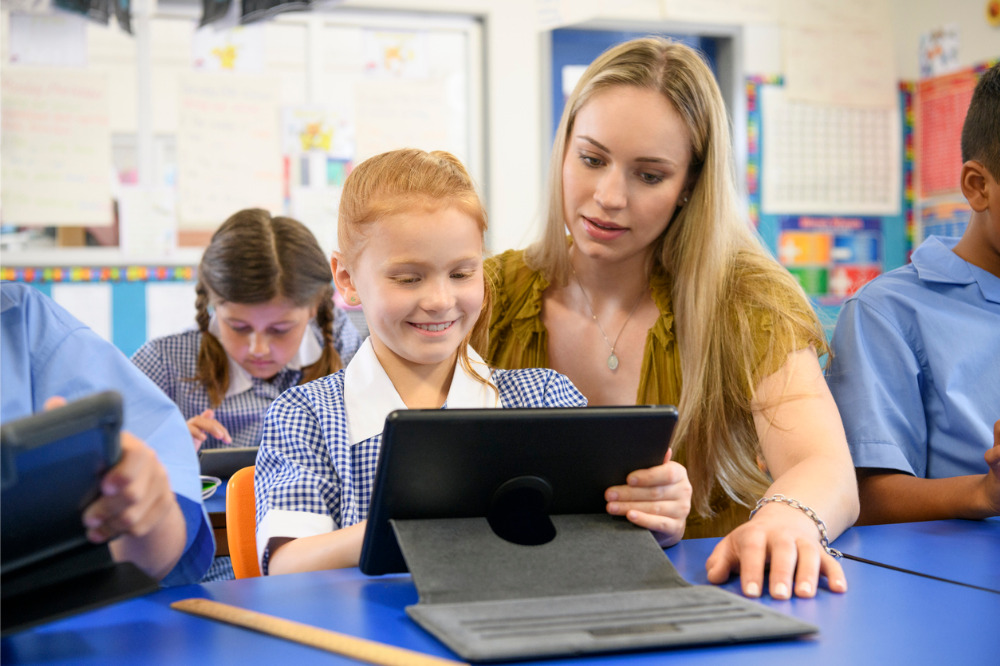
Love it or hate it, Artificial Intelligence is only going to become a more common fixture of teaching anf learning in our schools as the years go by.
This is a sentiment which was expressed by Microsoft Australia’s CEO Steven Worrall after meeting with several members of the government to address concerns about dizzying advancements in Artificial Intelligence (AI) and their many implications,
“This wave is not one you can say we are choosing not to participate in,” Worrall told The Australian in April.
Recognising that generative AI is likely to grow exponentially, both in sophistication and its presence in education, some experts are calling for greater awareness about the ways in which it can be used to make it less of a headache for schools.
With this in mind, an upcoming conference in Adelaide will explore the potential of AI to transform schooling for the better.
The 'Shape the Future of AI in Education: Teaching and Learning Conference’ will be held on Saturday, October 28 at Flinders University's Adelaide City campus at 182 Victoria Square, Adelaide, where keynote speakers, Bert Verhoeven and Dr Vishal Rana will delve into all the exciting possibilities for AI to synergise with education, exploring what it means for the future.
Dr Vishal Rana, an academic and Discipline Leaders Management in the Department of Business, Strategy, and Innovation at Griffith University, has co-founded two technology startups in the mental health technology and educational technology sectors.
He says while it’s nearly impossible to predict what will happen beyond the next 5 years in the AI space, we can look at the current impact AI has already and how that may continue to play a role in education over this time.
“AI tutors such as ‘Khanmigo’ and ‘synthesis tutor’ are already changing how teaching can be done in schools. These AI tutors don’t judge, don’t get frustrated, are personalised, supportive and allow for critical thinking when studying STEM subjects,” Dr Rana told MCERA.
“Recently, one of the parents in the US who couldn’t find a good maths teacher got his daughter to study maths through synthesis tutor and she won a national level maths Olympiad.”
Dr Rana said this means that within the next 2-3 years the roles of schools are likely to change significantly.
“Schools may become student wellbeing centres where the focus of educators could be to ensure students are getting personalised education through AI tutors and educators roles becomes those of facilitating the learning environment.”
‘AI can be a remarkable ally’
Bert Verhoeven, program director of Innovation and Enterprise at Flinders University, says AI in education is not a replacement for human intellect – it's the catalyst that amplifies our capacity to learn, innovate, and lead.
“By liberating educators from monotonous tasks, AI could enable educators to re-channel their energy towards nurturing the most precious resource – students,” Verhoeven told MCERA.
“Large Language Models like ChatGPT, demonstrate unparalleled capabilities in myriad areas. Although not without flaws [yet], these include, but are not limited to data storage, query responses, the generation of essays, reports, academic papers, policies, strategies, legal documentation, and coding.”
Verhoeven said these skills epitomise the expertise of knowledge workers worldwide.
“AI presently struggles to grasp context or form value judgments, aspects at which humans are remarkably adept. Humans possess an intrinsic knack for interpreting complex situations and producing valuable, innovative outcomes that benefit others,” he said.
“Emerging research underscores the compelling potential for knowledge workers to collaborate with Artificial Intelligence as a co-pilot, thereby enhancing operational efficiencies and elevating the quality of the output.”


